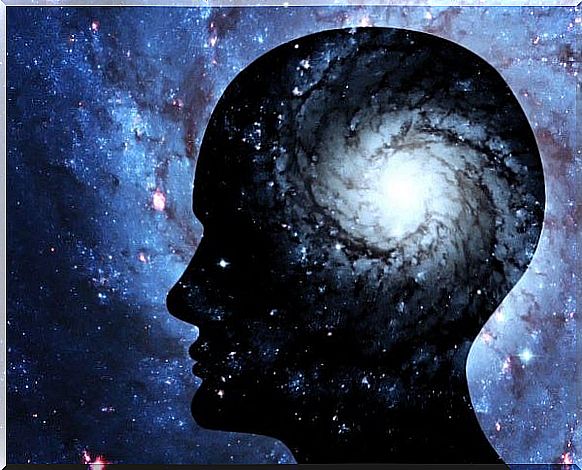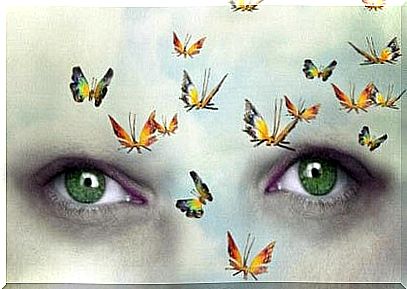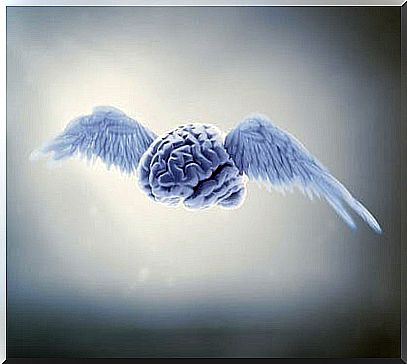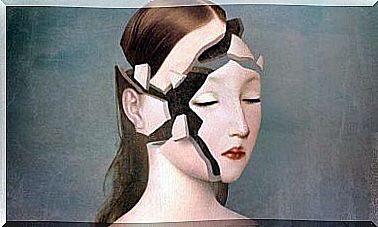The Focus Of Our Lives: Thoughts And Emotions

It is impossible to know the exact number of our thoughts, but we are said to have up to 70,000 a day and New Scientist magazine gives an average of 10 to the 80,000,000,000,000th power in our lives; a higher number than the number of atoms in the universe, if we calculate it from the number of neurons and all the connections between them.
From such a large number of thoughts , we learn to select those that most closely match the reality we form for ourselves throughout our lives. We pay attention to those thoughts that arouse a concrete emotion in us and that lead us to act in a certain way.
Our thoughts arouse emotions
If we think we will get a good result, we will feel positive emotions that motivate us to take an approach that is on the right track to achieve that result.
If we imagine a disastrous end, we may feel sad and incapable and this will take away our motivation to do things or we will start choosing less suitable alternatives to cope with.
Our minds have the ability to envision, dream, create, invent, communicate, discover and alter realities. However, it is the same capacity that sometimes plays cruel games with us.

We are interpreters of emotions. It’s an incredible skill that people have. We must listen to them, welcome them and manage them in order to learn about ourselves and thus be able to empathize with others. But we need to keep in mind that we cannot always rely on emotional reasoning to come up with reliable judgments.
Past experiences have an influence. We have established associations of how past events made us feel. If the experience has made us feel bad, we often project it into the future, believing that in all similar scenarios we will have the same negative feelings.
Gradually we learn and make mistakes. We must keep in mind that life is made of other variables that influence what happens. If we forget that, we will always feel guilty or blame others.
To build an attitude that is open to learning, it is fundamental to learn from our mistakes or to communicate our displeasure to others, but we cannot blame ourselves unduly for it.
Sometimes thinking is just a game of your mind. To understand this, let’s learn to distinguish two concepts through a story:
Martha has dated a friend with whom she was in a relationship many years ago. There can be many doubts and she can imagine many possible scenarios that could come true during the reunion. After this time, Martha doesn’t feel bad about or angry with him. She has fallen in love again and everything is behind them.
Of course, it makes sense to feel emotions and their activation when she imagines what it will be like to talk to him again. It is precisely that imagination that can sometimes make us relive a story that triggers an emotion that tends to make us go on our date with positive or negative energy and also makes us feel good or bad about ourselves.
Egosyntonia : behaviors, values and feelings that are in harmony with who we are ; they are acceptable to our ego and are coherent with our ideals and self-image.
I thought we would see each other in that place, after all these years without seeing each other, and that we would be so happy to talk for hours.
Egodystonia : Behaviors, values, and feelings that conflict and are inconsistent with my ego’s needs and goals, nor with my self-image.
I imagined that I would hurt you, tell you things that would hurt you and I couldn’t stop saying them. I am a bad person.

To conclude, it is important to remember the following…
- Know that our minds are capable of imagining, creating and imagining the best, but also the worst.
- Keep in mind that emotions are necessary, but they are not always good for confirming what we think.
- Distinguish between egosyntonia and egodystonia ; we know that our thoughts are not reality and we are not bad because we have had negative thoughts; it means more that we can later filter our self-image, our morals, our reflections and our values.








